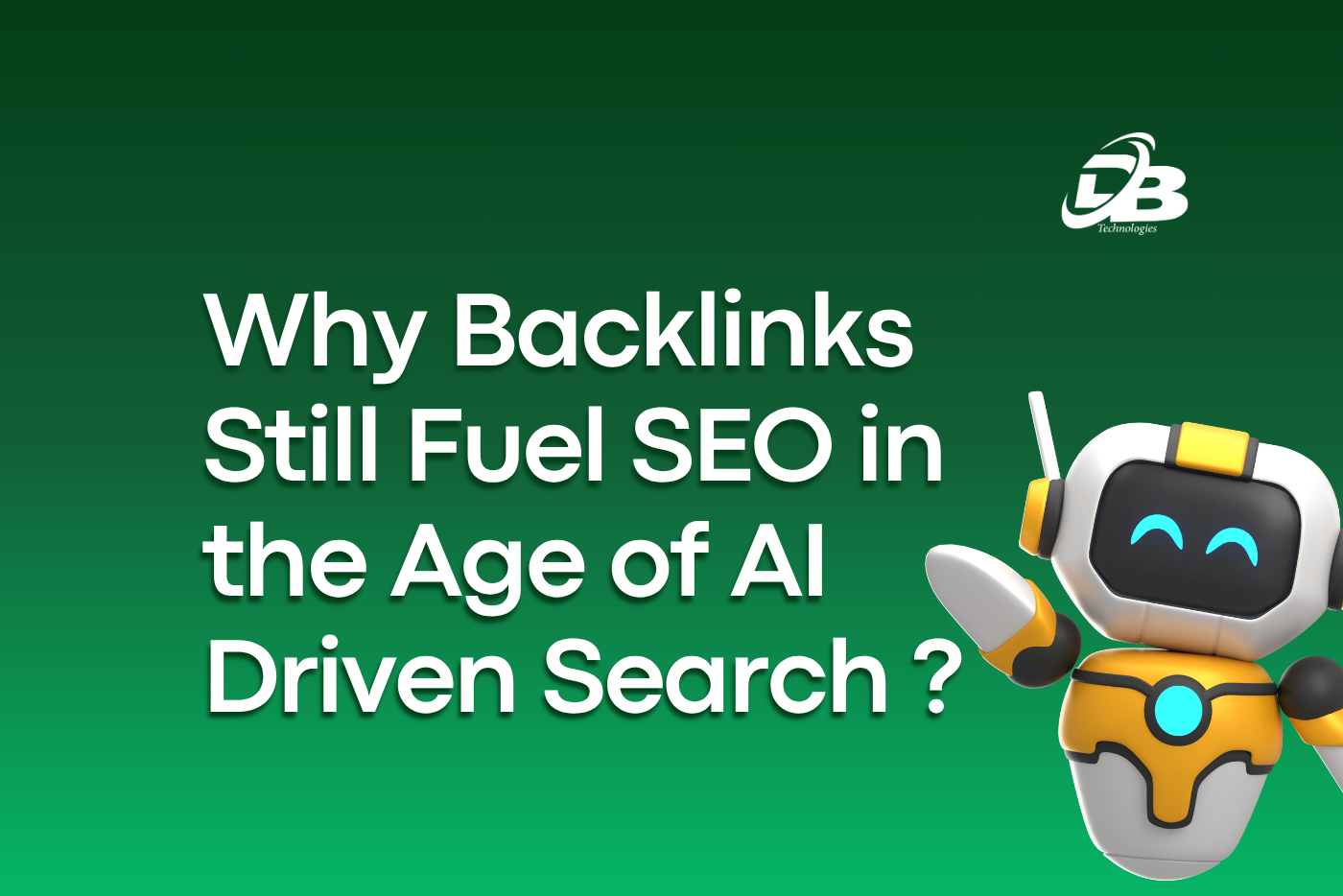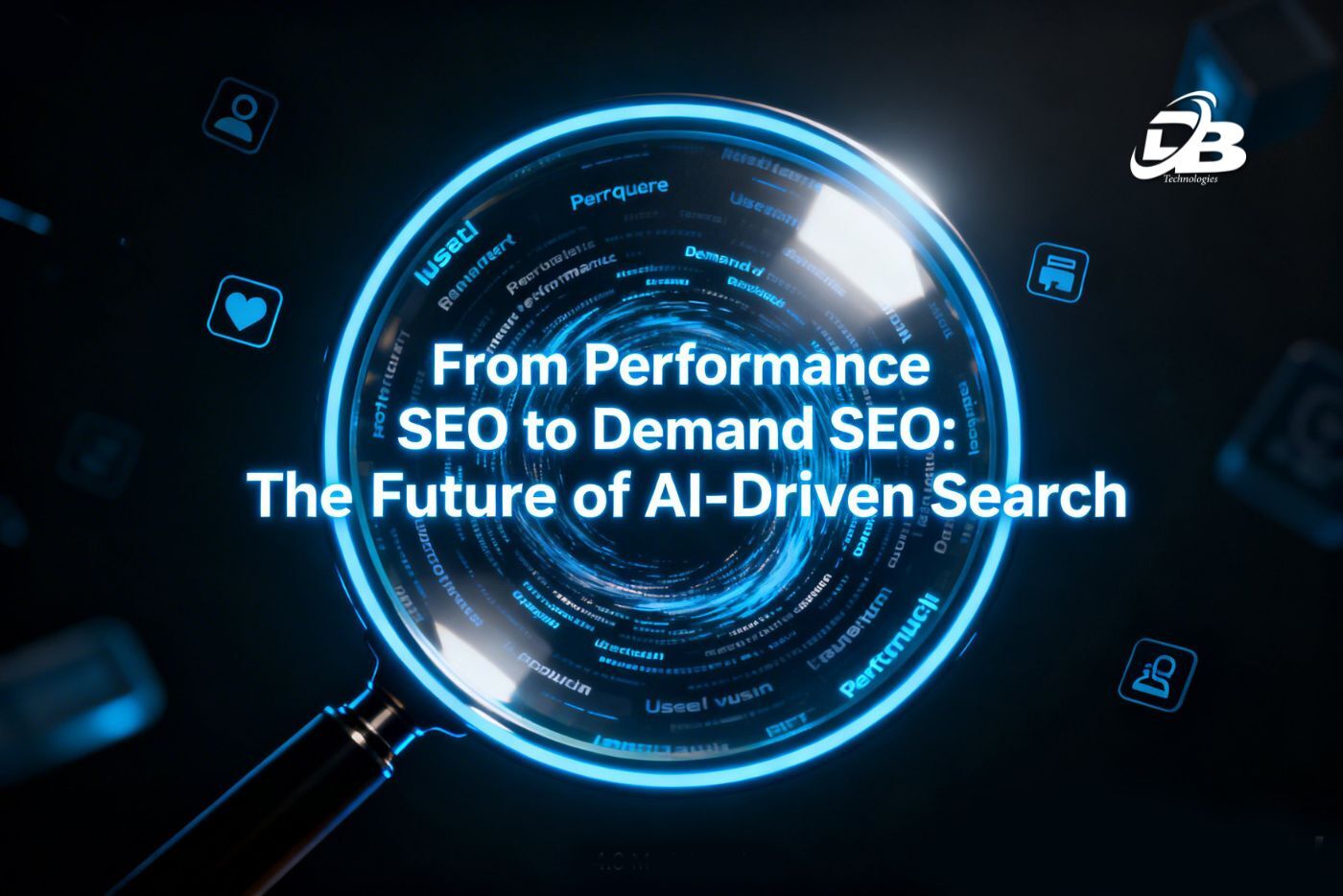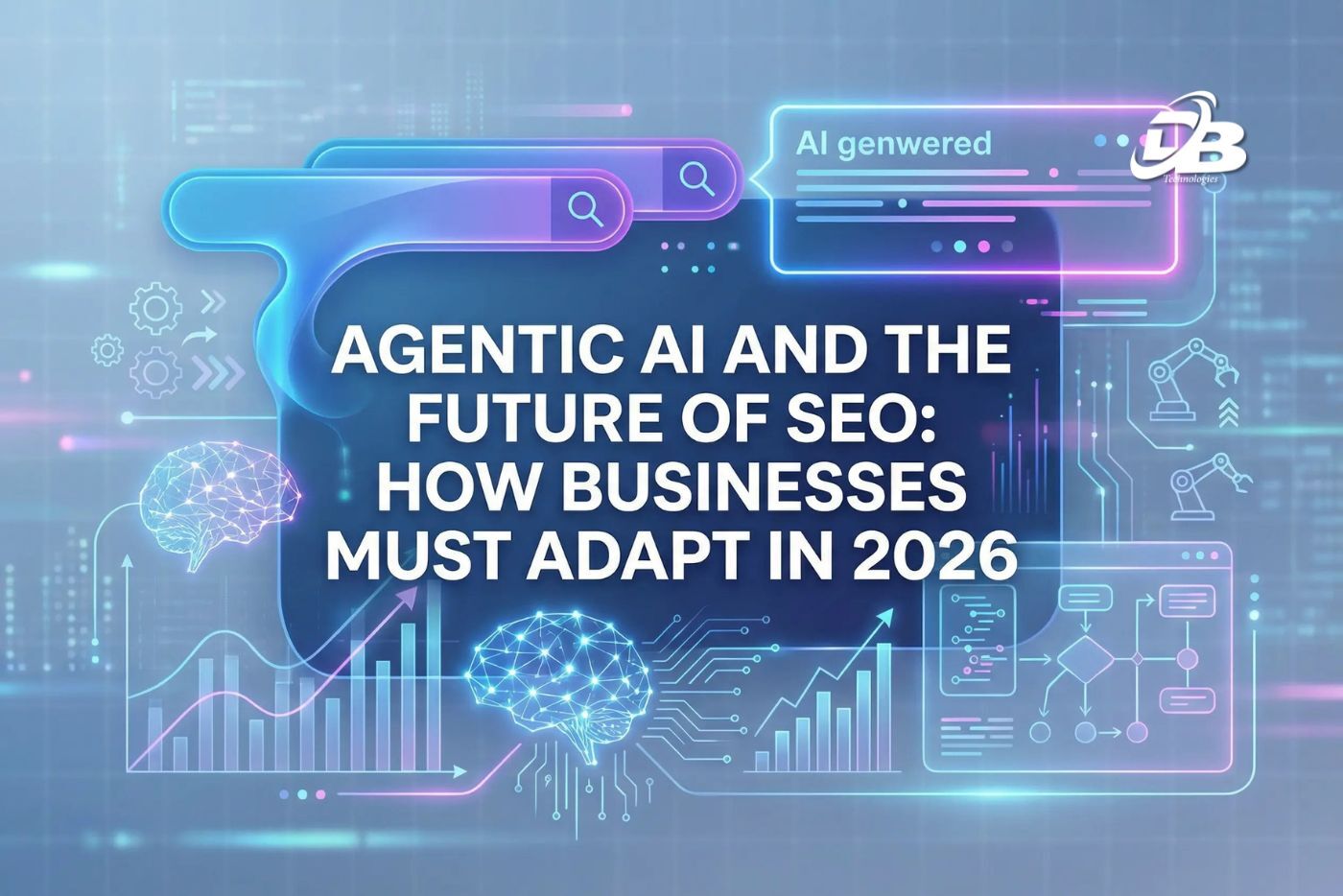
Ever since ChatGPT exploded and Google started pushing AI answers at the top of search results, folks started whispering, “Backlinks are dead.” Sounds logical, right? If AI’s answering questions instantly, who needs to click through to websites?
Well, hang on. We’ve dug into the data, talked to SEOs running tests, studied Google’s patents, even tracked how AI tools actually work. And come up with a well researched blog to facilitate our audience.
For better insight , do read this blog , “How Long Does SEO Really Take? Insights Straight from Google’s John Mueller”
Backlinks aren’t dead. They’ve evolved.
In 2025, after 18 months of AI Overviews, SGE (Search Generative Experience), and Perplexity answers dominating SERPs, backlinks aren’t just surviving. They’re thriving.
But not in the way you think.
This isn’t about spamming directory links or buying PBNs (please, don’t). It’s about digital credibility. Think of backlinks as “vote of confidence” notes passed in class. AI might be the teacher now, but it still checks those notes to see who’s trustworthy.
How AI Search Really Works
When you ask ChatGPT or Google’s AI, “What’s the best CRM for small businesses?”,here’s what happens:
The AI doesn’t “know” squat. It checks its training data (often outdated) OR performs a real time Google search.
It scans top ranking pages but doesn’t just copy them. It looks for consensus, citations, and context. It generates an answer citing 3-5 sources, 52% of which come from top 10 Google results.
3 Reasons Backlinks Became More Valuable
Reason 1: AI Has a Trust Crisis (Links Fix It)
AI tools hallucinate. They get facts wrong. To fight this, Google’s AI heavily favors sources cited by universities, governments, or established publishers. Why? Because those links act like a stamp of approval.
A page ranking #1 has nearly 4x more high quality backlinks than #2-10. It’s simple: links = trust = AI visibility.
Reason 2: They Rescue Content from the AI Sludge Pile
Yeah, the web’s drowning in AI generated fluff. Google knows it. Their filters now zap thin, unlinked content ,over 88% of it never even gets indexed. But here’s the magic, pair decent AI-assisted content with just 10-15 niche backlinks? Suddenly it ranks. One case study saw a 370% traffic surge after adding contextual links to AI written posts.
Reason 3: They Feed Google’s “Entity Map”
Google doesn’t just rank pages anymore, it maps connections between entities (brands, people, concepts). When reputable sites link to you using your brand name (“Hootsuite’s social media guide”) or topic keywords (“CRM tools like Salesforce”), it tells Google, “This brand is a core player in this space.” Miss those links? You’re off the map.
Building Links That AI Actually Respects
Spamming low quality links won’t cut it. Here’s what works right now.
Tactic 1: The Linkable Asset Method
AI loves to cite unique, data rich content. Think.
1) Original research (e.g., 2025 Survey of 1,000 SaaS Buyers)
2) Expert roundups with legit industry voices
3) Ultra detailed guides (The 110 Point Checklist for Local SEO)
A marketing tech firm, hit gold with this. They published 40 AI assisted posts, traffic flat lined. Then they created one original survey, pitched it to niche blogs, and earned 32 backlinks. Organic traffic exploded by 1,300% in 7 months.
Tactic 2: Play Source Detective
Find out who AI already cites for your keywords. Search your topic in Perplexity or Gemini. See which sources pop up? Study their backlinks using Ahrefs or Semrush. Then pitch those same sites with something fresher, “Loved your piece on CRM tools. We just published new data on adoption rates, though you might like it.”
Tactic 3: The Polite “Link Please?” Hack
Use tools like Ahrefs or Mention to find people who mentioned your brand (or article topic) but didn’t link. Then email them,
“Hey [Name], love your article on [topic].Saw you mentioned [us/keyword], if you want to link directly, here’s the resource: [link].”
Sounds simple? It works 35-60% of the time for niche
3 AI-Era Link Myths That’ll Tank Your Traffic
Myth 1: Any Link From a High-DA Site is Gold
Nope. Context is king. A Forbes link buried in an article about “Top Beaches” means nothing. A link from a tiny but relevant industry blog in a well researched piece? That’s AI bait.
Myth 2: Social Media Shares Replace Links
Likes and retweets feel good, but they don’t prove expertise. AI craves editorial validation, a human choosing to reference you. A single .edu link beats 10,000 Twitter shares.
Myth 3: AI Can Automate Link Outreach
Mass blasting AI written pitches? Big mistake. Tools like Gemini help research targets or draft emails, but humans spot the personal touch that gets replies. Example, “Loved your post about [specific detail] , we actually tried this and found…”
Optimizing for the AI Eye
SEO isn’t what it used to be. Now it’s all about the art of crafting content that both humans and AI love. Here’s how to do it right:
Step 1: Write for Answer Engines, Not Just Search Engines
AI technologies such as Google Gemini and ChatGPT now have the capability to sift through content to fetch answers. Organize yours into an FAQ format. Transform section titles into straightforward queries, for example, “Backlink Benefits” could be phrased as “Do Backlinks Still Matter in 2025?” Embed stats with clear sources , e.g. ‘Semrush’s 2025 study found…”, as AI loves citing well attributed data.
Step 2: Build Topic Clusters, Not Lone Articles
One giant “CRM Guide” won’t cut it. Instead, create a network of related content.
1) “CRM Pricing Compared”
2) “Top CRM Implementation Mistakes”
3) “Best CRM Integrations for Small Businesses”
A cluster of 10+ posts signals to AI that you’re a go-to expert on the subject.
Step 3: Track What Actually Matters Now
Forget just monitoring rankings. Measure,
1) AI citation rate (Are you appearing in AI answers? Check manually.)
2) Branded vs. generic backlinks (Being linked as “HubSpot’s CRM guide” beats “this CRM guide”.)
3) Snippet dominance (Are you grabbing “People Also Ask” spots?)
Tools like Ahrefs help, but old fashioned Google searches still reveal a lot.
Wrapping up
Let’s be real, AI didn’t kill backlinks. It just exposed lazy tactics.
The new rule? Trust can’t be faked.
You don’t need a million links. You need a few from the right places, sites Google’s AI trusts. Create something genuinely useful. Get it in front of validators. Make it easy for bots to “get” your value.
Because whether a human or an AI is searching? One thing hasn’t changed,
Authority speaks louder than algorithms.
Ignore backlinks now? You’re not just opting out of SEO. You’re opting out of the future of search.












